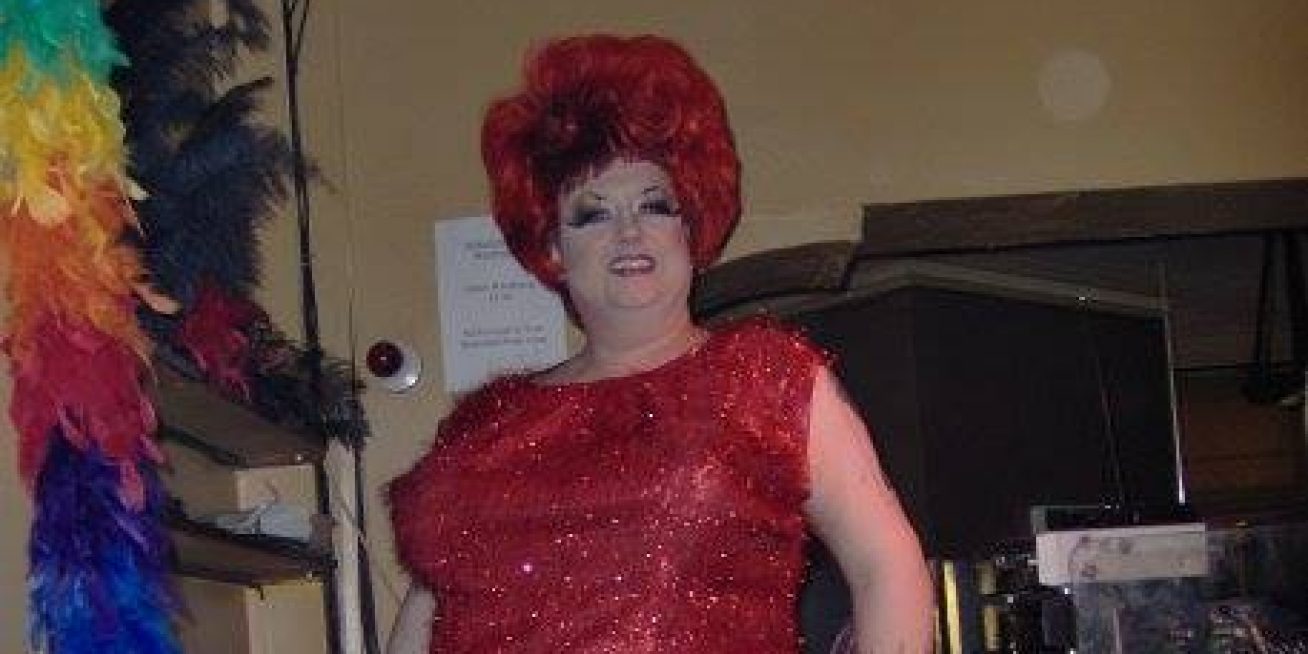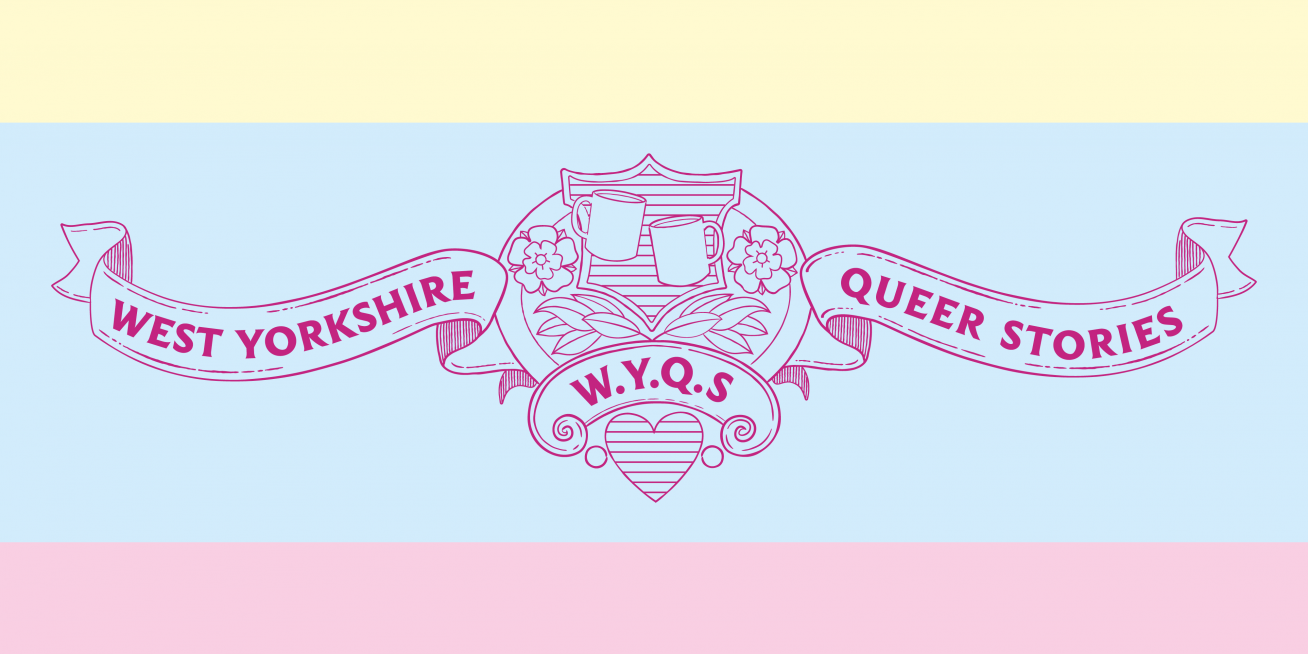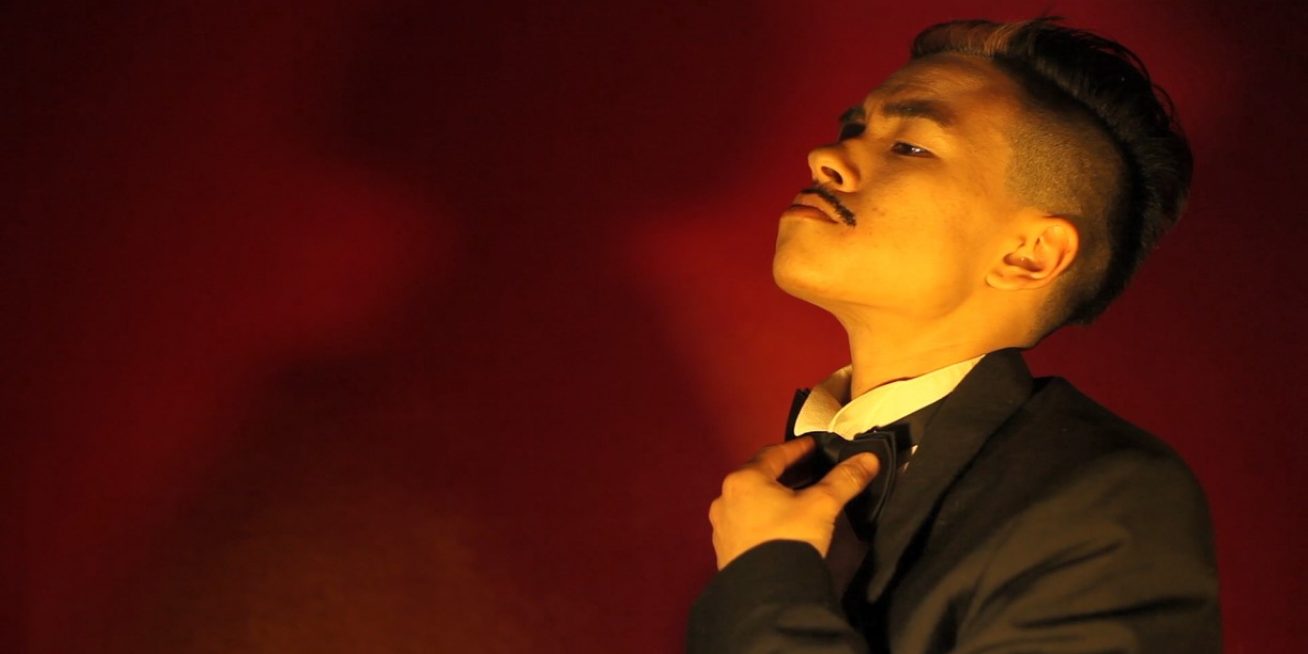How Leeds' Viaduct pub became a gay venue
Terry George recounts the story of how he went from owning Fibre and Mission to buying the pub across the road and giving it a new LGBT identity.
Interview recorded by Ross Horsley on 14.5.2019
Duration 04:06
TRANSCRIPT
So anyway they, we bought the building and after three years we opened the first floor. So we now had two floors of Fibre and a third floor which hadn't been opened. It was it was actually an apartment that we turned into an apartment. So that was amazing. And those two floors were doing fantastic. Mission was running. It was still struggling, doing okay. But we were then having problems from the Viaduct pub, which was a football supporters’ pub, which had a landlord in there who was complaining about the noise and couldn't sleep at night with his family. And we were causing him distress and he wanted to close Mission down.So we had lots about battles with the council about sound problems and we tried to keep the sound down. And we really just couldn't function with a volume of sound that it had to be. And anyway so we eventually did a deal with the landlord of the pub to buy him out of his lease. And for us to go in and run the pub. But it was a football supporters’ club, pub by Leeds United supporters which only got busy on football days and we didn't want to have it but we thought if we didn't run this for the brewery then we wouldn't be able to continue erm running Mission because it was a noise nuisance to the next door neighbour. So we now have Fibre, Mission and the Viaduct at this point and we didn't know what we're going to do with the Viaduct.
It was a... like it was a football supporters’ club. It had a plaque on the outside erm from a couple of football supporters that had been killed in Turkey and it was almost a bit of a shrine. People would come here on football day, but for the rest of it was absolutely dead. No one would go in at all through the, through the week. So we, we brought a couple of girls in to run it for us. Two lesbians of, friends of ours Hayley and Jo and they ran the pub.
And we then got a bit of gay support. People coming in. Because we thought that, you know, of course if two girls run it, it will probably get a lot more girls coming in and if it was lesbians it probably, less probably, less problematic to these football hooligans as we saw them. Erm because, you know, obviously they're not going to have a go at girls as they may do to gay men. That was the kind of thinking of it. And the girls ran it for a while and they had other ideas they wanted to move on. And then thought, it's time for us to move in.
By which time a year and a half two years later... they did... the football hooligans as we'll call them were seeing this place been taken over by gays. There was lots of stuff being talked about and a few slurs being said and a little bit of violence in the place in the early days. But we managed to then change all that. So we managed to get the plaques moved off the outside for the two people that died in the football fight in Turkey and we then started bringing a few more gay staff in. And then we started putting a drag DJ on and having a bit of cabaret on a weekend.
Footballers still came in the Saturday and it was quite interesting really because you'd have these football supporters that hadn't been coming in for years that all were just coming in thinking what the hell was going on with the place. Looks really weird. It looks like the same place but this drag queen D.J. and there's drag queens working behind the bar and they thought it was like bizarre and it was a really interesting mix but they actually handled it quite well. You know there were some sarcy comments and people, you know, being boisterous like there would be and like you know all the lads taking the mickey out of some of them. But the drag queens that we had working with were thick skinned and they, you know, they loved it. They put up with it. It was fantastic. And then as slowly time has gone on we've been able to turn that more and more around, so. And then beyond that, we then put our offices above the Viaduct, which was in a granny flat, which the, the previous landlord had lived in. And then we had lots of our own staff living above the Viaduct in some rooms. We started building some rooms for them and it worked very, very well. And then we were done with, so then we had our offices and staff in there. So the building which we didn't want and we hated and was derelict upstairs became quite an important, integral part of our business because we used have other offices which were based in Beeston outside Leeds which would we then brought them into the centre and put them inside the Viaduct. So this building in the Viaduct has now played an important part.






